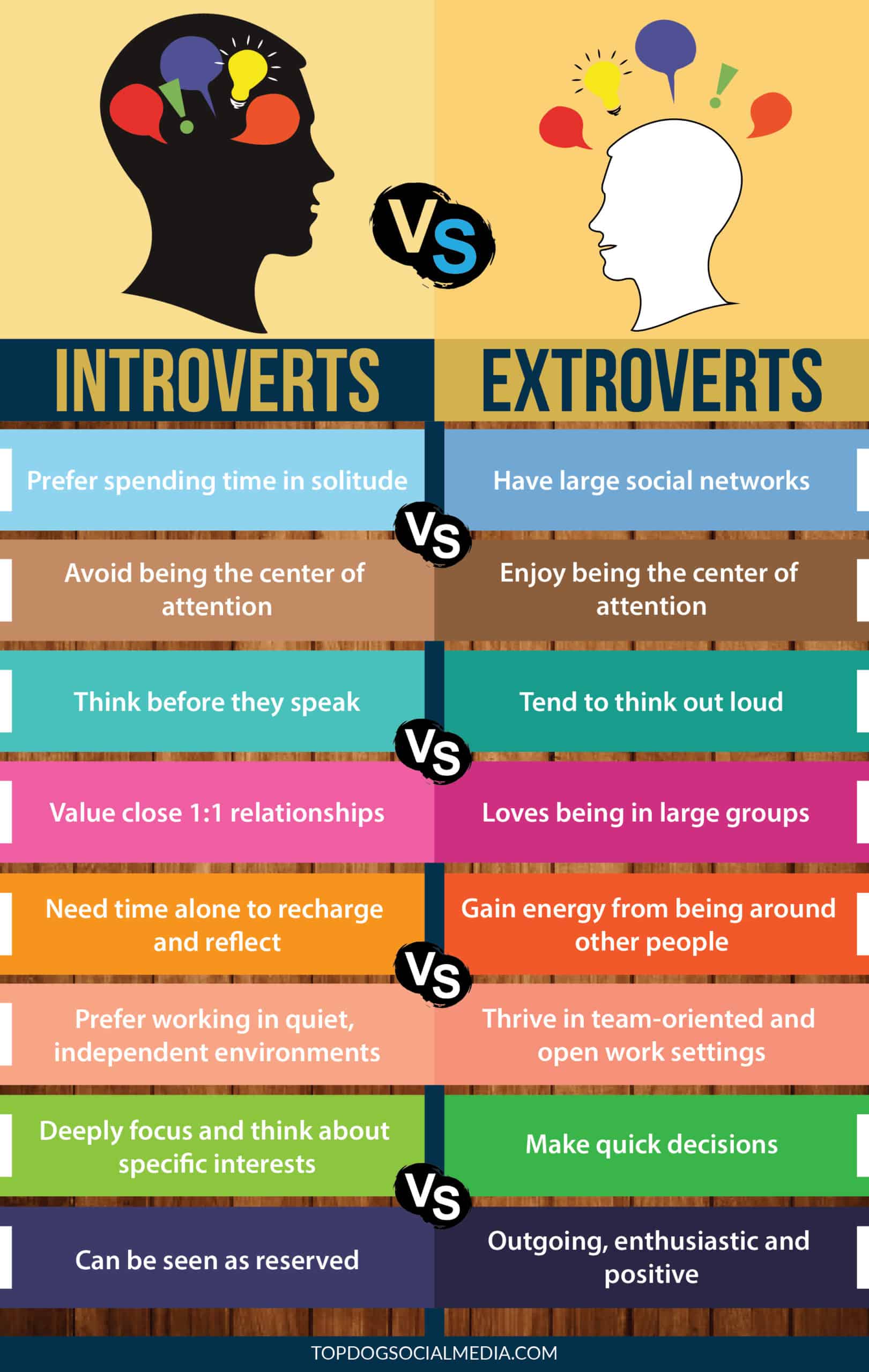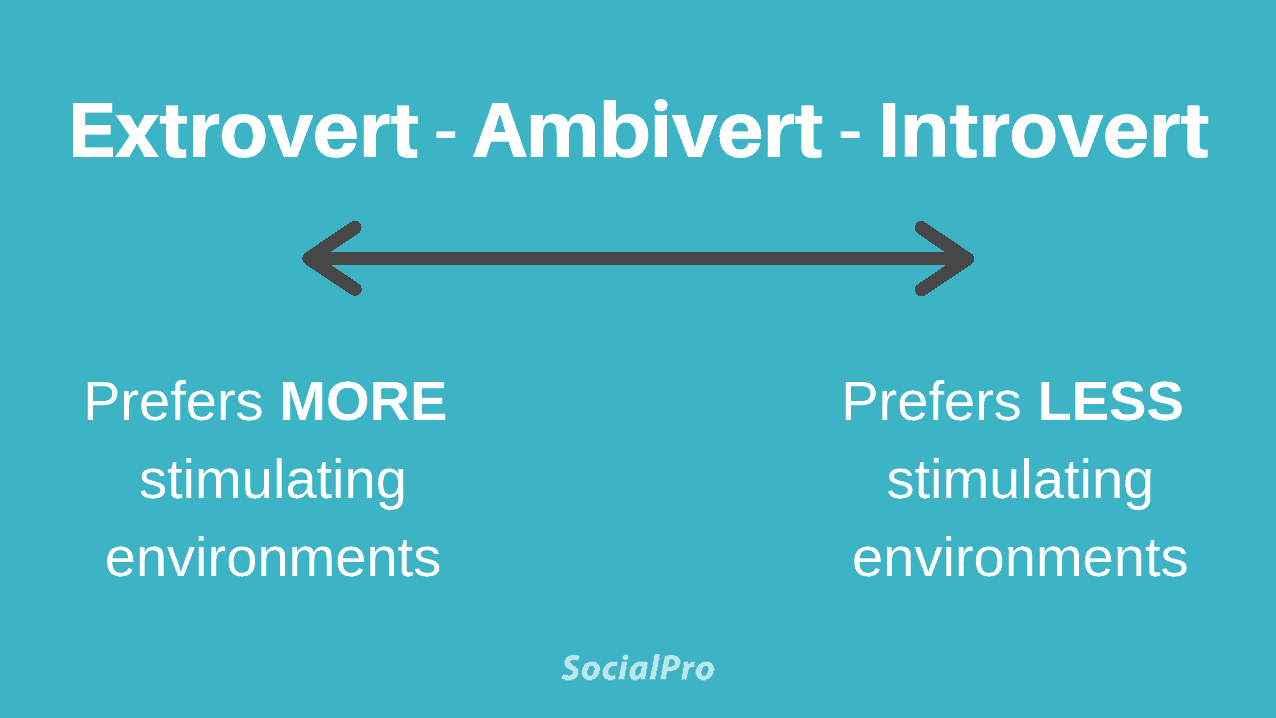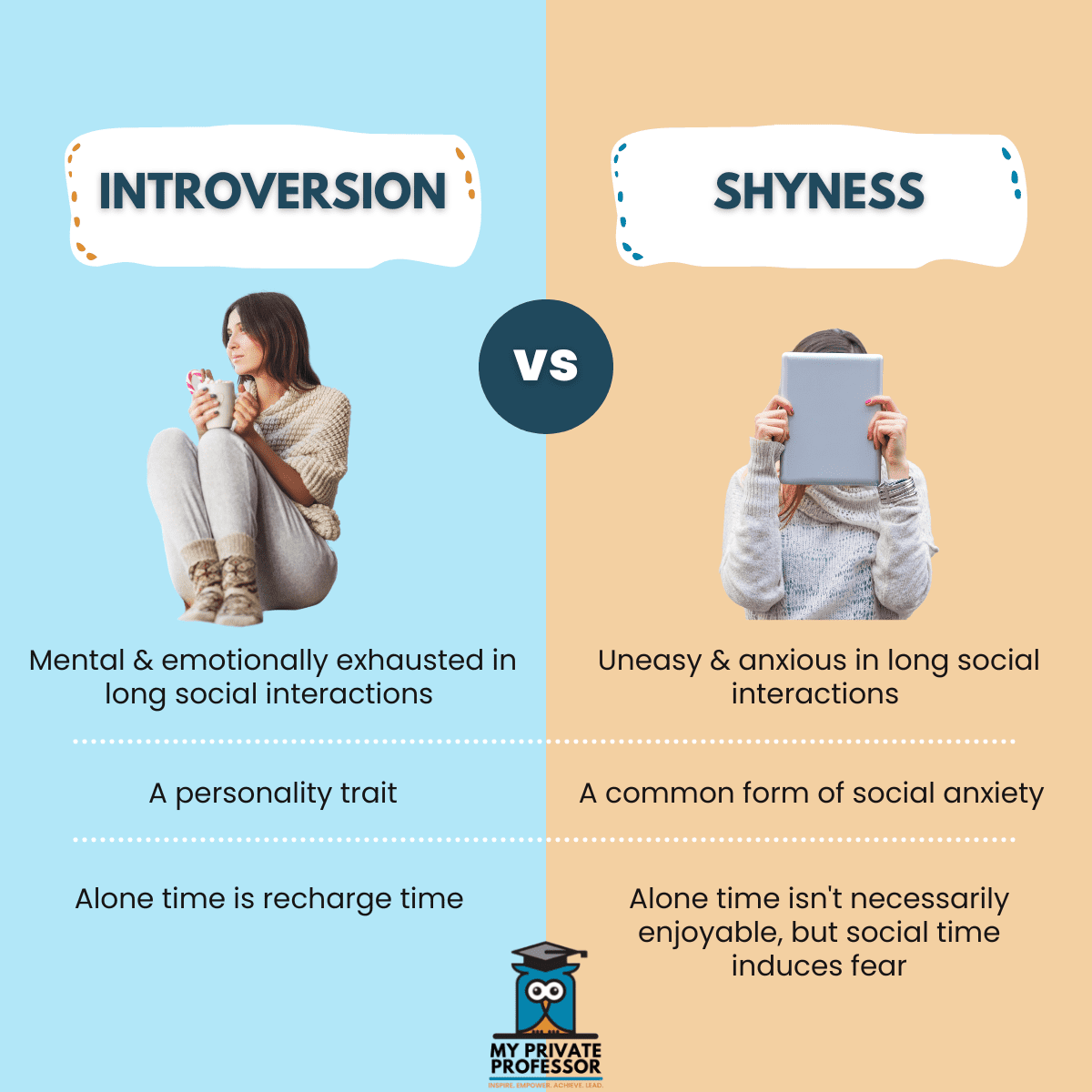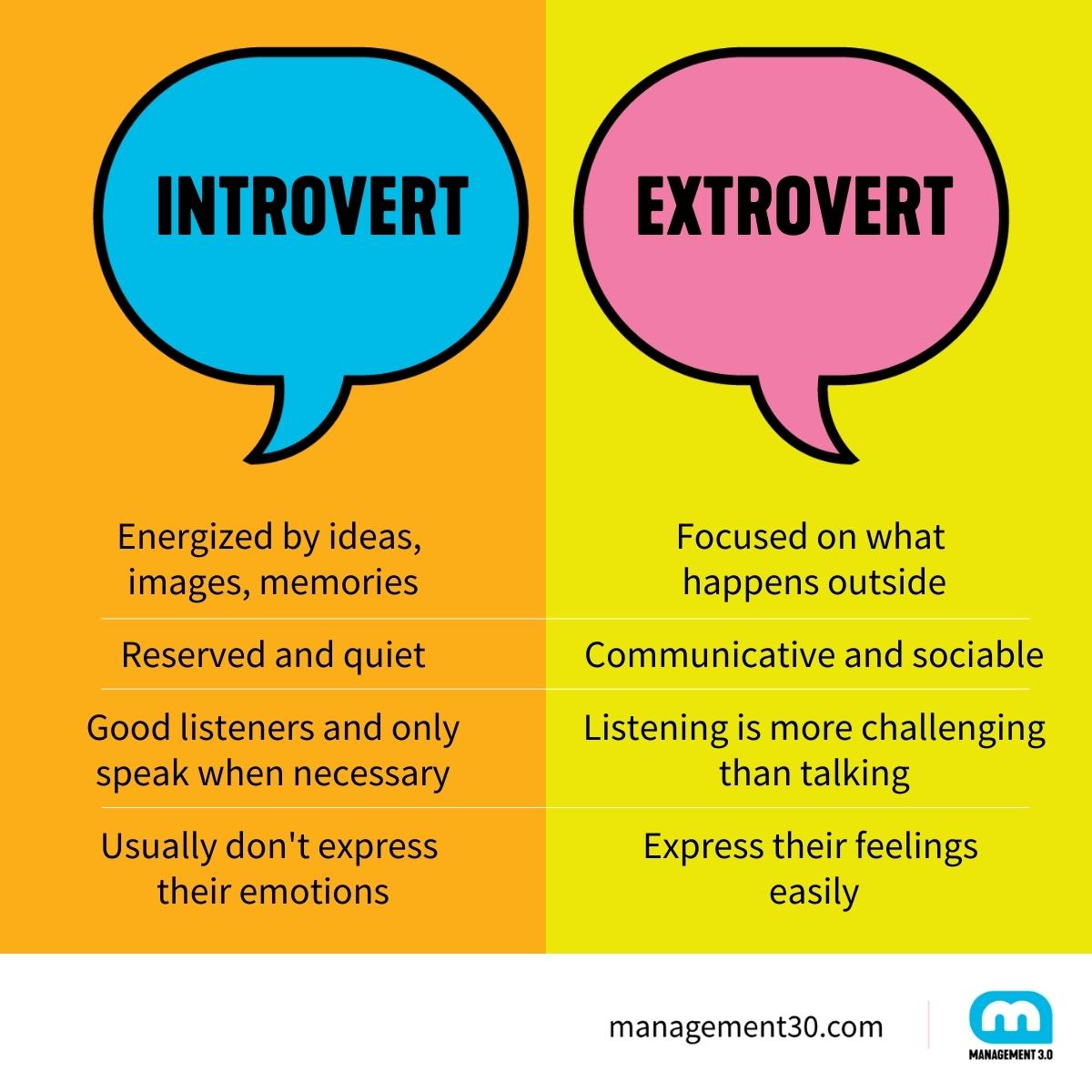How To Change From Extrovert To Introvert

The notion of fundamentally altering one's personality, specifically shifting from an extroverted to an introverted disposition, has gained traction in self-help circles and online forums. While personality is generally considered relatively stable, experts acknowledge that behavioral adjustments are possible.
This article examines the feasibility of such a transformation, exploring the nuances of personality traits and the strategies individuals can employ to cultivate more introverted behaviors. Understanding the complexities of personality and the potential impact of intentional behavioral changes is crucial for those considering this path.
Understanding Extroversion and Introversion
Extroversion and introversion are core personality dimensions described in many psychological models, most notably Carl Jung's theory of psychological types and the Big Five personality traits. Extroverts typically gain energy from social interaction and external stimuli. They are often characterized as outgoing, assertive, and enthusiastic.
Introverts, conversely, find energy in solitude and reflection. They tend to be more reserved, thoughtful, and prefer less stimulating environments. It's important to note that these are spectrums, not binary categories; most individuals fall somewhere in between, exhibiting ambiversion.
The Feasibility of Personality Change
The degree to which personality can be fundamentally altered is a subject of ongoing debate. While core personality traits tend to remain relatively stable throughout life, behavioral changes are achievable.
Dr. Carol Dweck, a Stanford University psychologist, emphasizes the concept of a "growth mindset," suggesting that individuals can develop new skills and adapt their behavior through conscious effort. This adaptability can extend to adopting behaviors more commonly associated with introversion.
Strategies for Cultivating Introverted Behaviors
Individuals seeking to adopt a more introverted lifestyle can implement specific strategies. These strategies focus on adjusting behaviors and thought patterns rather than attempting to completely erase ingrained personality traits.
Consciously Limiting Social Interaction
One key strategy involves intentionally reducing the frequency and duration of social engagements. This allows for more time dedicated to solitary activities such as reading, writing, or pursuing individual hobbies.
Scheduling dedicated "alone time" is also essential for recharging and fostering introspection. This time should be protected and prioritized, just as important appointments are.
Practicing Active Listening and Observation
Introverts are often characterized by their thoughtful approach to communication. Extroverts can cultivate this trait by focusing on active listening during conversations, paying close attention to what others are saying and refraining from interrupting.
Observing social situations without actively participating can also provide valuable insights into group dynamics and individual behaviors. This practice promotes a more reflective and analytical approach.
Developing Self-Reflection Skills
Introverts often engage in deep self-reflection, examining their thoughts, feelings, and motivations. Extroverts can benefit from incorporating this practice into their daily routine.
Journaling, meditation, and mindfulness exercises are all effective tools for fostering self-awareness and promoting introspection. These practices can help individuals understand their internal landscape and identify patterns of behavior they wish to modify.
Embracing Solitary Activities
Discovering and engaging in enjoyable solitary activities is crucial for adopting a more introverted lifestyle. These activities can range from creative pursuits such as painting and writing to intellectual endeavors such as reading and learning new skills.
The goal is to find activities that are intrinsically rewarding and provide a sense of fulfillment without requiring external validation or social interaction.
Potential Benefits and Considerations
Adopting more introverted behaviors can offer several potential benefits, including increased self-awareness, improved concentration, and reduced stress levels. However, it's important to approach this transformation with realistic expectations and a balanced perspective.
Attempting to completely suppress extroverted tendencies can be detrimental to one's well-being. The key is to find a balance between social engagement and solitary reflection, allowing for personal growth without sacrificing one's natural inclinations.
It is advisable to consult with a qualified mental health professional before undertaking any significant personality modification efforts. A therapist can provide guidance and support throughout the process, ensuring that the changes are healthy and sustainable.













.jpg)




